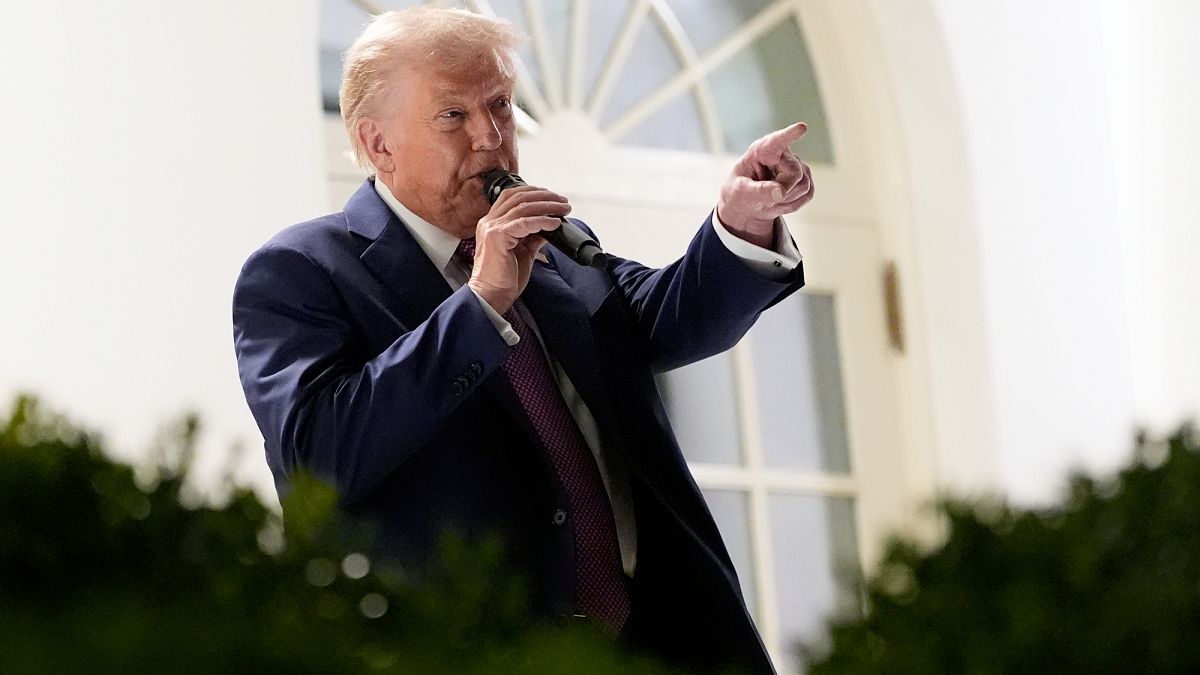

In the ever-evolving landscape of international economies and political influences, several recent events underscore the intricate tapestry influencing market behaviors and political decisions. From strategic acquisitions in Europe to potential policy shifts in the United States, the unfolding stories offer both challenges and opportunities worth considering with a balanced perspective.
In a noteworthy shift within the European financial sector, the Spanish banking giant Banco Bilbao Vizcaya Argentaria (BBVA) has secured official approval to acquire Banco Sabadell. This long-awaited consolidation marks a significant moment for the Spanish banking industry, effectively creating a new megabank. Banco Sabadell had been navigating unsolicited acquisition interest from BBVA over the past year, and this development now places the combined entity in a formidable competitive position within Europe. The benefits of this merger are anticipated to present improved efficiencies and a wider array of services for consumers, reflecting a positive trend in the European banking community.
Meanwhile, across the Atlantic, economic pressures mount as the US grapples with fluctuating economic indicators. Wall Street’s initial enthusiasm, bolstered by recent record highs, encountered a reality check following a surprisingly underwhelming US jobs report. This revelation has ignited discussions around potential policy responses, chiefly the suggestion that the Federal Reserve should contemplate reducing key interest rates in their forthcoming September meeting. The prospect of such intervention seeks to lend momentum to a labor market burdened by elevated interest rates and widespread tariffs, policies enforced during former President Trump’s administration. These economic instruments have posed a formidable challenge to an economy heavily reliant on consumer spending.
In parallel with these events, former President Donald Trump has voiced concerns over what he perceives as an unfair antitrust fine levied by the European Union on Google, amounting to €2.95 billion. Expressing his disapproval, Trump took to Truth Social to argue that the fine is discriminatory, igniting considerations of potential diplomatic engagements between the US and the European Union to address these grievances. This scenario underscores the delicate balance of multinational corporate regulation and international trade relations that continue to shape economic environments.
The interplay of these events casts a spotlight on the multifaceted nature of global and domestic economic strategies. As financial practices evolve in Europe with the integration of banking powerhouses, the United States faces its own economic juncture with monetary policy recalibrations and international trade regulations under scrutiny. In this global milieu, maintaining a perspective that emphasizes stability and informed decision-making is imperative for navigating these complex times.
These developments highlight the importance of synergy between political policies, economic frameworks, and market confidence as stakeholders across sectors and nations strive to reconcile challenges with constructive solutions. As the world transitions through these turning points, the shared goal remains clear: fostering a resilient, interconnected economy that enables growth, innovation, and prosperity for all.
Source: {link}
